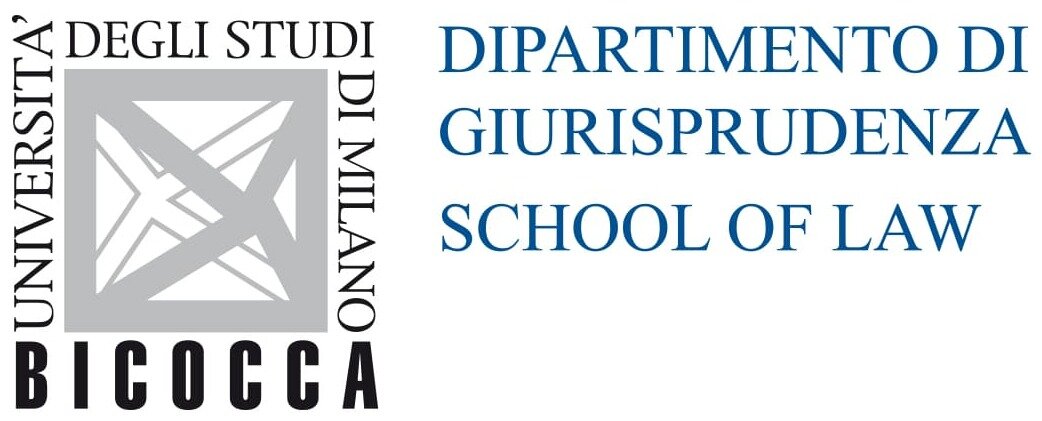When can the criminal court disregard the trade union order on waste? The problematic distinction between formal and substantive defects
Pubblicato nel n. 4\2021
Lo scritto è stato sottoposto, in forma anonima a blind peer review
Abstract. Nell’articolo si commentano le modifiche apportate al codice penale dal d.l. n. 120/2021, conv. dalla l. n. 155/2021, contenente disposizioni per il contrasto degli incendi boschivi. Dopo aver delineato la genesi e la struttura del delitto previsto dall’art. 423-bis cod. pen., si esaminano i contenuti penali della “novella”, che ha sostanzialmente inteso inasprire il trattamento sanzionatorio del reato senza modificarne i presupposti ed il campo di applicazione e senza risolvere taluni problemi interpretativi che pure erano stati da tempo segnalati.
Abstract. The article concerns the commentary to the revisions in the Italian Criminal Code from d.l n. 120/2021, conv. from l. n. 155/2021, containing provisions to combat wildfires. After defining the genesis and the structure of the offences provided for by the article 423-bis cod. pen., the content of the legislative reform is here examined, showing how it substantially intended to tighten the sanctioning of the crime without substantially modifying the field of application and without resolving some interpretative problems even if they were already reported from a long time
Parole chiave: patrimonio boschivo, fuoco prescritto, controfuoco, danno a specie animali e vegetali, ravvedimento operoso, pene accessorie, confisca
Key words: forest heritage, prescribed fire, counter-fire, damage to animal and plant species, active repentance, ancillary criminal penalties, confiscation



